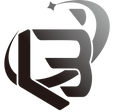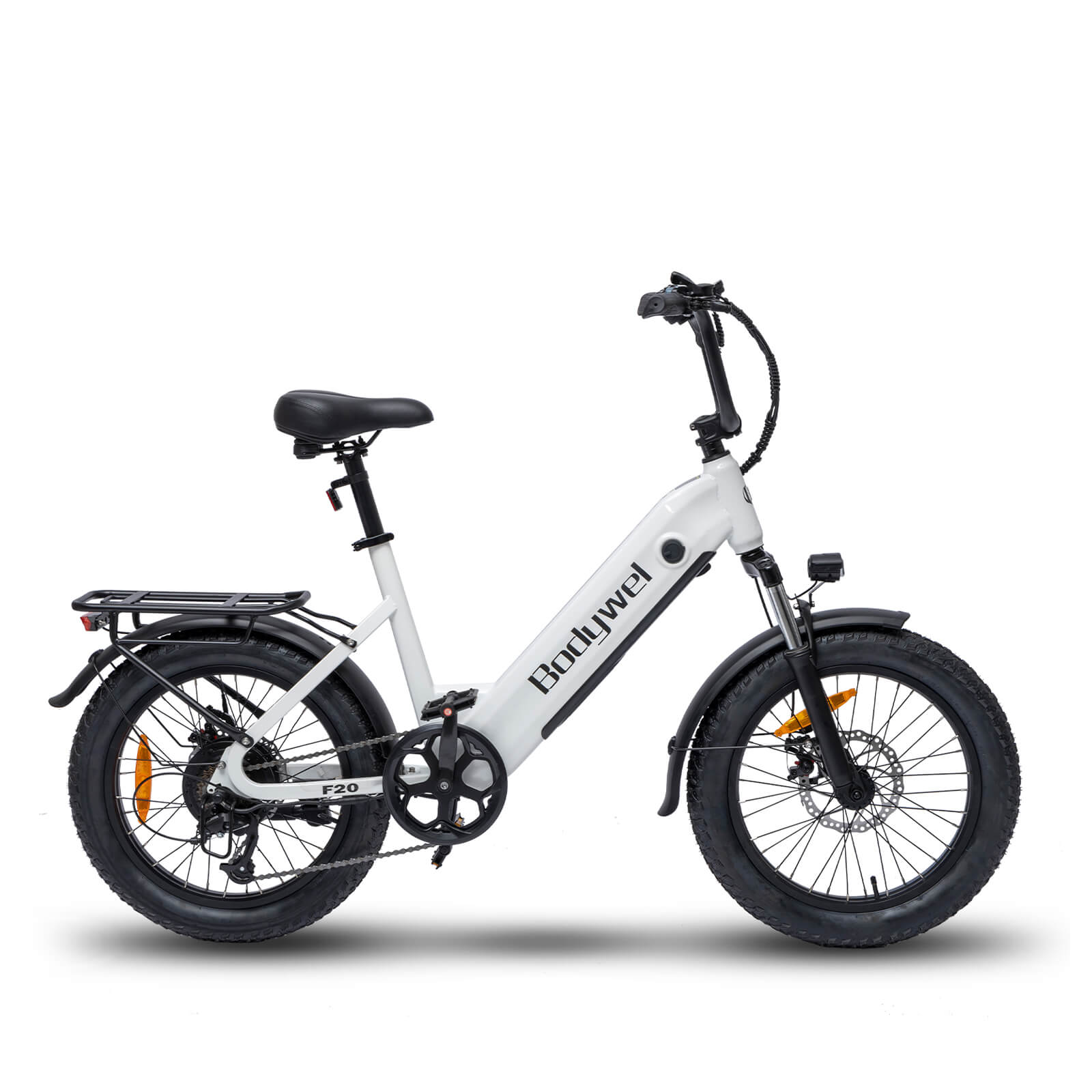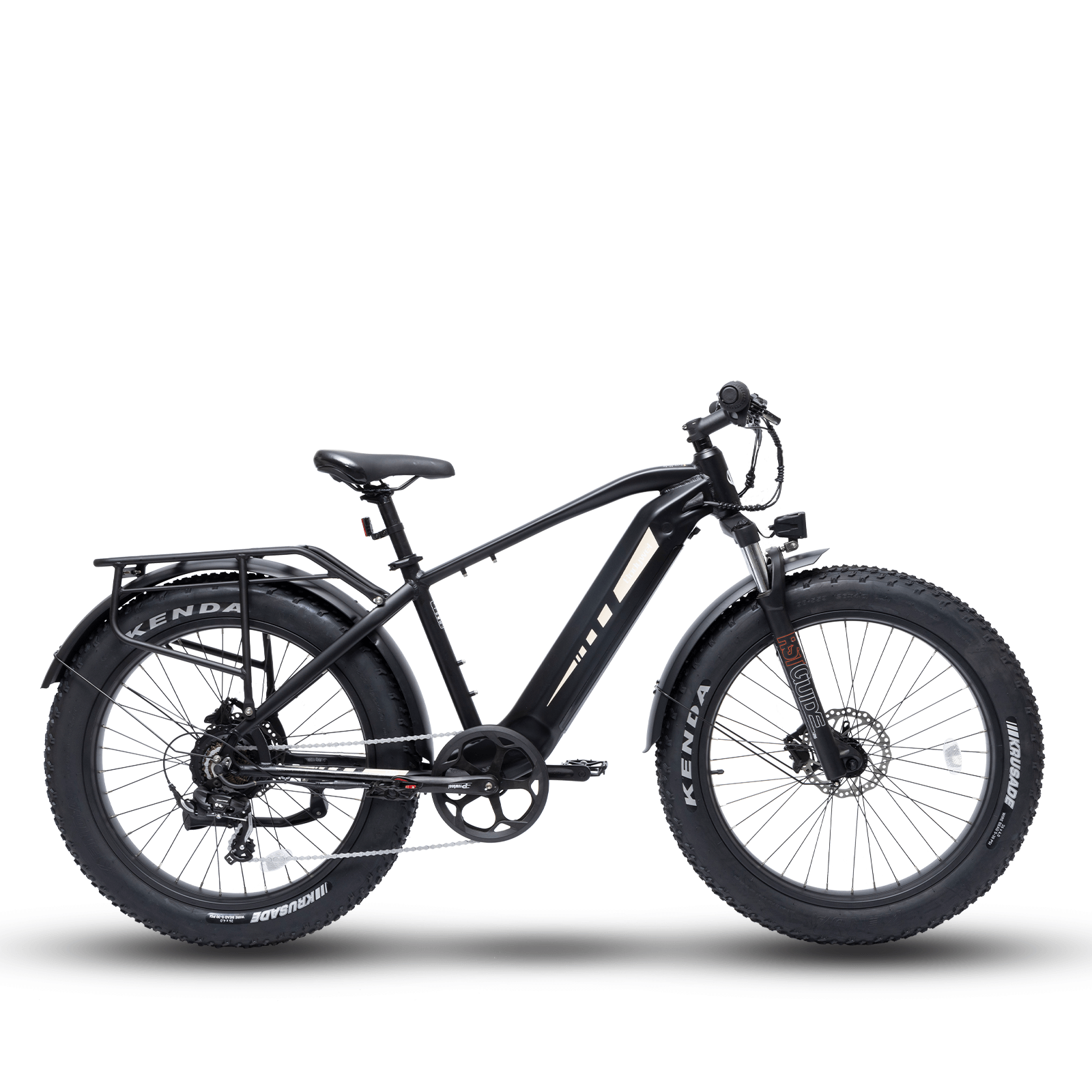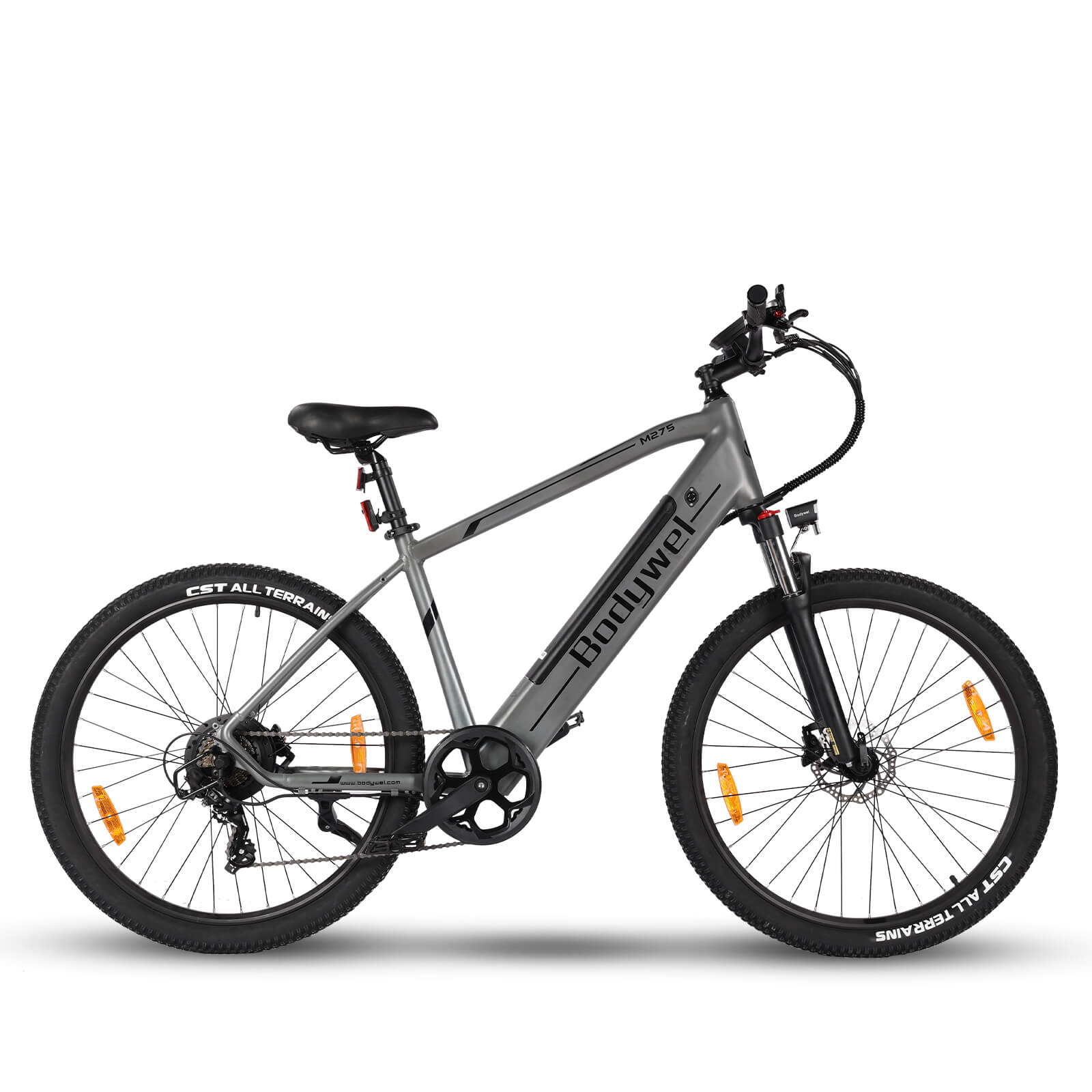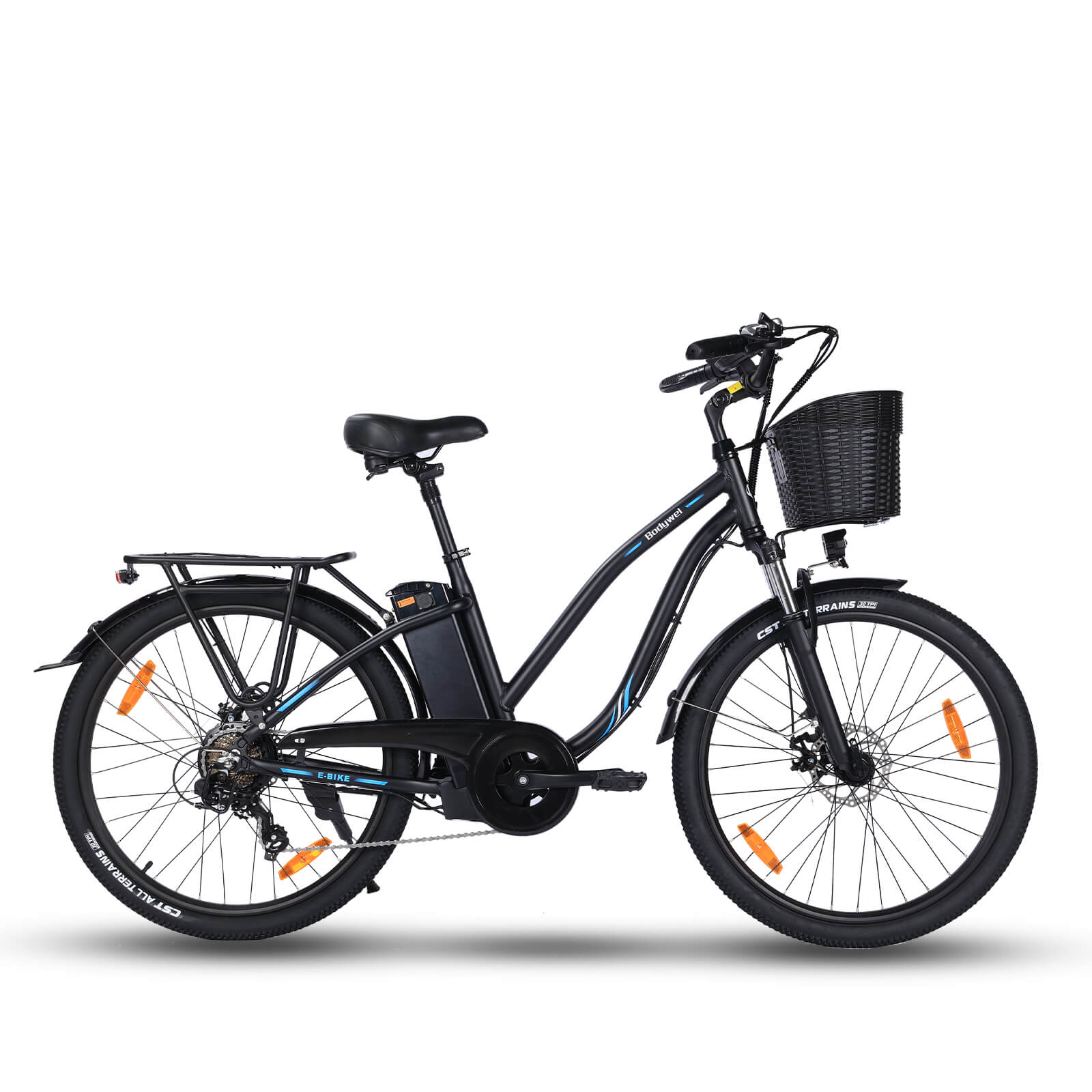5 Must-Know Benefits of Foldable E Bikes for Commuters

Foldable electric bikes are transforming urban mobility by combining convenience, efficiency, and sustainability. This article explores five key advantages of these compact e-bikes for daily commuters, from space-saving designs to enhanced versatility.
Space Efficiency in Urban Environments
The compact design of folding electric bicycles addresses one of the biggest challenges for urban riders: limited storage space. Unlike traditional bicycles, these foldable models can reduce their footprint by up to 70% when collapsed, making them ideal for apartment dwellers or office workers. Many commuters report storing their folded e-bike under desks or in compact car trunks without inconvenience.
For example, some popular models fold to dimensions smaller than most suitcases. This space-saving feature also eliminates the need for external bike racks or dedicated parking spaces, reducing theft risks in crowded cities.
Seamless Multimodal Commuting
Collapsible e-bikes excel in hybrid transportation scenarios. Riders can effortlessly transition between cycling and public transport—carrying their folded electric bike onto trains or buses during peak hours when many cities prohibit full-sized bicycles. This flexibility extends commute range while avoiding traffic congestion.
In densely populated urban areas where space is premium, portable electric cycles have become a preferred last-mile solution. Their lightweight frames and quick-folding mechanisms enable hassle-free transfers between transport modes.
Eco-Friendly Transport Solution
Foldable e-bikes offer a sustainable alternative to gas-powered vehicles, with zero direct emissions during operation. The average folding e-bike consumes just 100-150 watts per mile—equivalent to 1,800+ MPG in energy efficiency. Many models now feature regenerative braking systems to further optimize battery usage.
Studies show that switching from cars to compact electric bikes for short urban trips could reduce CO₂ emissions by up to 67% per passenger mile. Their smaller lithium batteries also require fewer rare earth materials than electric cars.
Long-Term Cost Savings
While the initial investment in a quality folding e-bike may seem substantial, commuters often recoup costs within 12-18 months by eliminating fuel, parking fees, and public transport expenses. Maintenance costs are significantly lower than automobiles—no insurance premiums, oil changes, or complex mechanical servicing.
Comparative studies have found that folding e-bike owners save thousands annually versus car commuters in major cities when accounting for all ownership costs.
Health and Fitness Advantages
Unlike conventional e-bikes that may discourage pedaling, many foldable electric bicycles feature adjustable pedal-assist settings that encourage physical activity. Riders can choose between full electric mode for long distances or higher resistance levels for cardiovascular benefits—all while reducing joint impact compared to jogging.
Research reports that e-bike commuters experience significantly more moderate-to-vigorous physical activity weekly than non-cyclists. The compact nature of folding models makes them particularly accessible for those with limited storage space for exercise equipment.
- Tags: compact e-bikes foldable e bikes folding electric bicycles portable electric bikes urban commuting
0 comments
